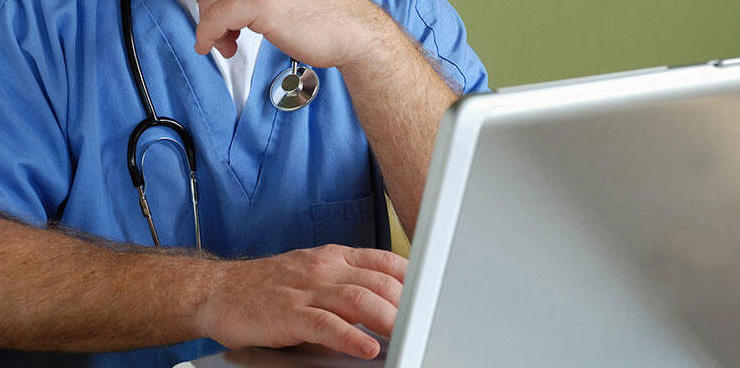Healthcare
As a patient you are entitled to the best care. The use of our standards in healthcare increases patient safety, drives supply chain efficiencies and improves the traceability of medicines.

Ensuring patient safety remains paramount within the healthcare sector, alongside other equally critical factors. These encompass the capacity to verify and authenticate pharmaceutical and medical device products, oversee product tracking from production to point of use, streamline operations, and advance supply chain transparency from the receipt of materials to market delivery and every stage in between. Ultimately, any endeavors to enhance supply chain efficiency invariably result in heightened patient safety.
Healthcare, as a global and highly intricate sector, benefits immensely from the adoption of GS1 standards. The standards not only significantly improve supply chain efficiency but also establish frameworks that enhance the traceability of pharmaceuticals and medical devices, while bolstering clinical processes.
Additionally, GS1 standards play a crucial role in supporting healthcare's digital transformation, which is aimed at improving patient outcomes, modernizing healthcare delivery, enhancing patient safety, and optimizing clinical efficiency.
GS1 collaborates closely with the healthcare industry, both locally and globally, to develop and implement universal standards and solutions that drive continuous improvement in the sector.
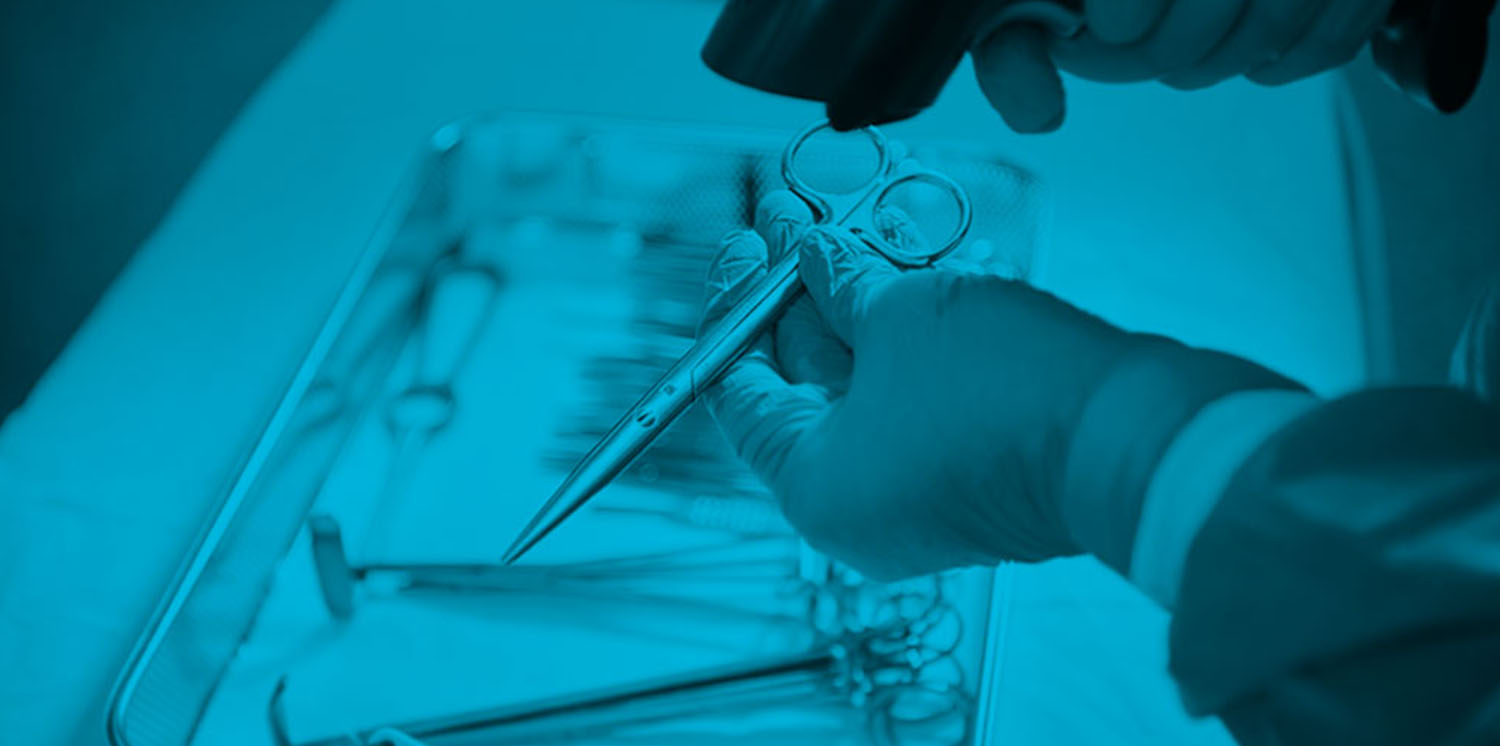
Ready for UDI!
The United States Food and Drug Administration (FDA), the European Commission, and other international regulators have prioritized patient safety by developing Unique Device Identification (UDI) legislation. UDI aims to enhance patient safety and streamline healthcare business processes. Establishing a unified, global system of standards is crucial for the efficient and effective implementation of UDI by healthcare stakeholders worldwide.
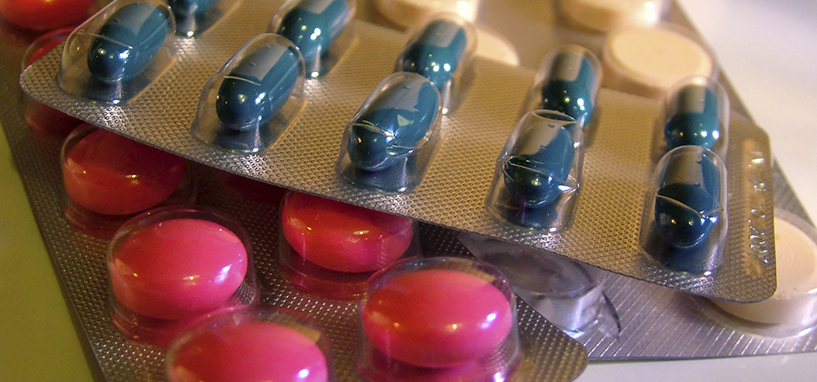
Pharmaceuticals
- U.S. Drug Quality and Security Act (DQSA)
- EU Falsified Medicines Directive
- APEC project on Global Medical Product Integrity and Supply Chain Security
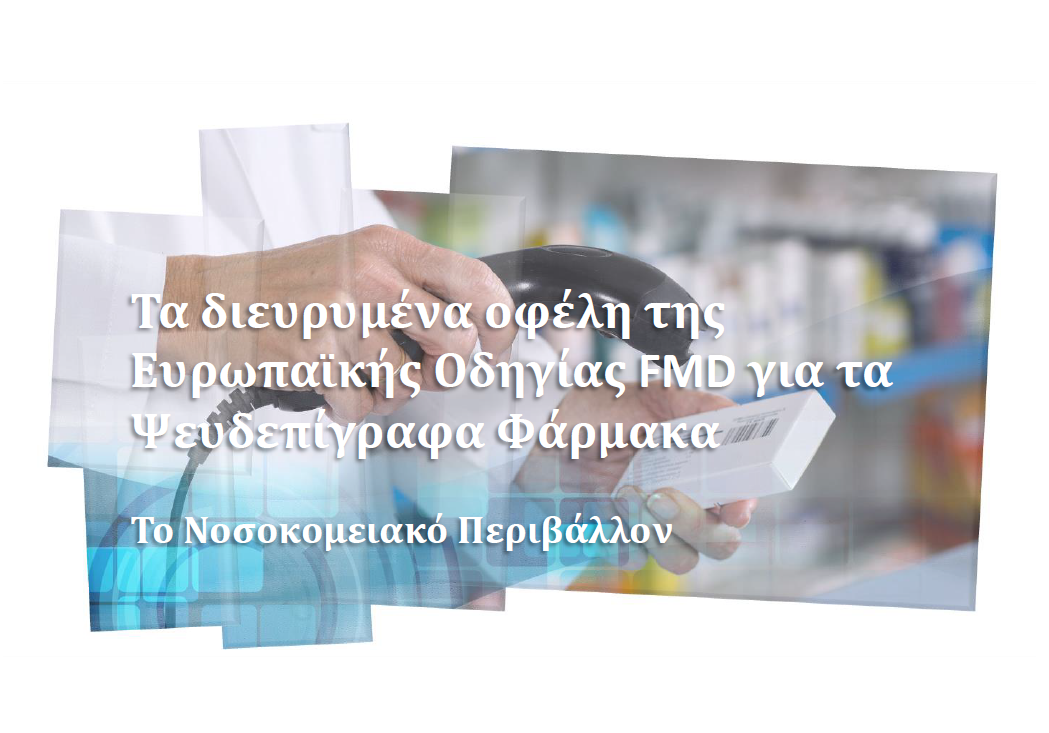
Benefits beyond the EU Falsified Medicines Directive – in the hospital setting (Greek Translation)
The FMD Directive on counterfeit medicines will soon be fully implemented in Greece, requiring compliance within our market and creating significant challenges for the pharmaceutical supply chain. At the same time, it will also offer substantial benefits for hospitals. The report "The Expanded Benefits of the European FMD Directive - The Hospital Environment," authored by Mr. Grant Courtney, Principal Consultant at Be4ward Ltd, outlines the advantages that hospitals can gain from the implementation of the FMD Directive, as well as the importance of unique identification and data recording through open global standards such as GS1 Standards.
Download the Greek translation of the report.

Ensuring trust in the global supply chain against COVID-19
The current challenges in ensuring safety and accuracy in the COVID-19 vaccine supply chain and the role that GS1 standards can play in addressing these issues.

Traceability for patient safety
The current challenges in ensuring safety and accuracy in the COVID-19 vaccine supply chain and the role that GS1 standards can play in addressing these issues.
Applications of GS1 standards in Healthcare
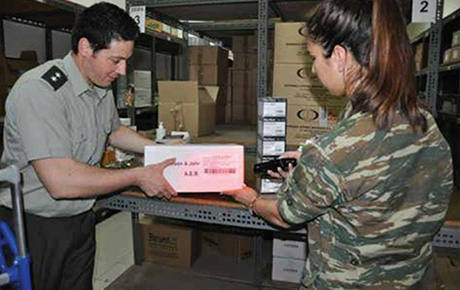
The Hellenic Army adopts GS1 standards
With the goal of enhancing medical services, the Hellenic Army General Staff has decided to implement GS1 standards at the 401 General Military Hospital of Athens. This initiative automates the handling of medical devices, significantly improving the efficiency of surgeries. Additionally, the 441 Military Supply Center has adopted GS1 standards to automate warehouse processes, aiming to minimize error.
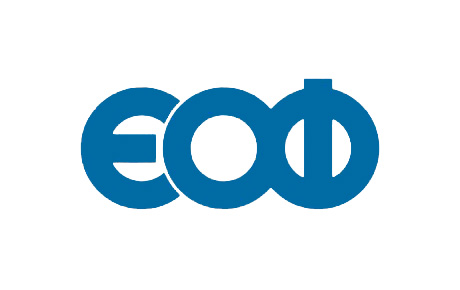
Labbeling on the authenticity tape of medicines (EOF seal)
The use of barcodes is particularly widespread in the healthcare sector. However, there is no standardized approach to the coding of medicines internationally. Many countries use GS1 standards tailored to their national requirements. In Greece, the GS1 system is employed alongside the coding system of the National Organization for Medicines (EOF).
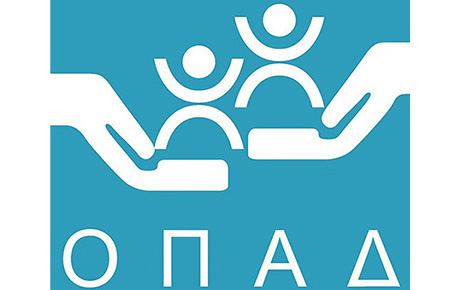
The marking of prescriptions by the EOPYY
The Public Servants' Health Insurance Organization (OPAD) is the first insurance provider in Greece to adopt the GS1 system, specifically the GS1-128 barcode, for coding and labeling prescription forms. This system ensures comprehensive control of prescriptions and expense tracking, aiming to achieve qualitative, quantitative, and financial monitoring of healthcare services for public services personnel.
Examples of the implementation of GS1 standards in hospitals worldwide
The adoption of GS1 standards in hospitals across various countries has led to specific and tangible outcomes, highlighting the benefits of their utilization.
For more information, visit the GS1 Global website for the Healthcare sector.




